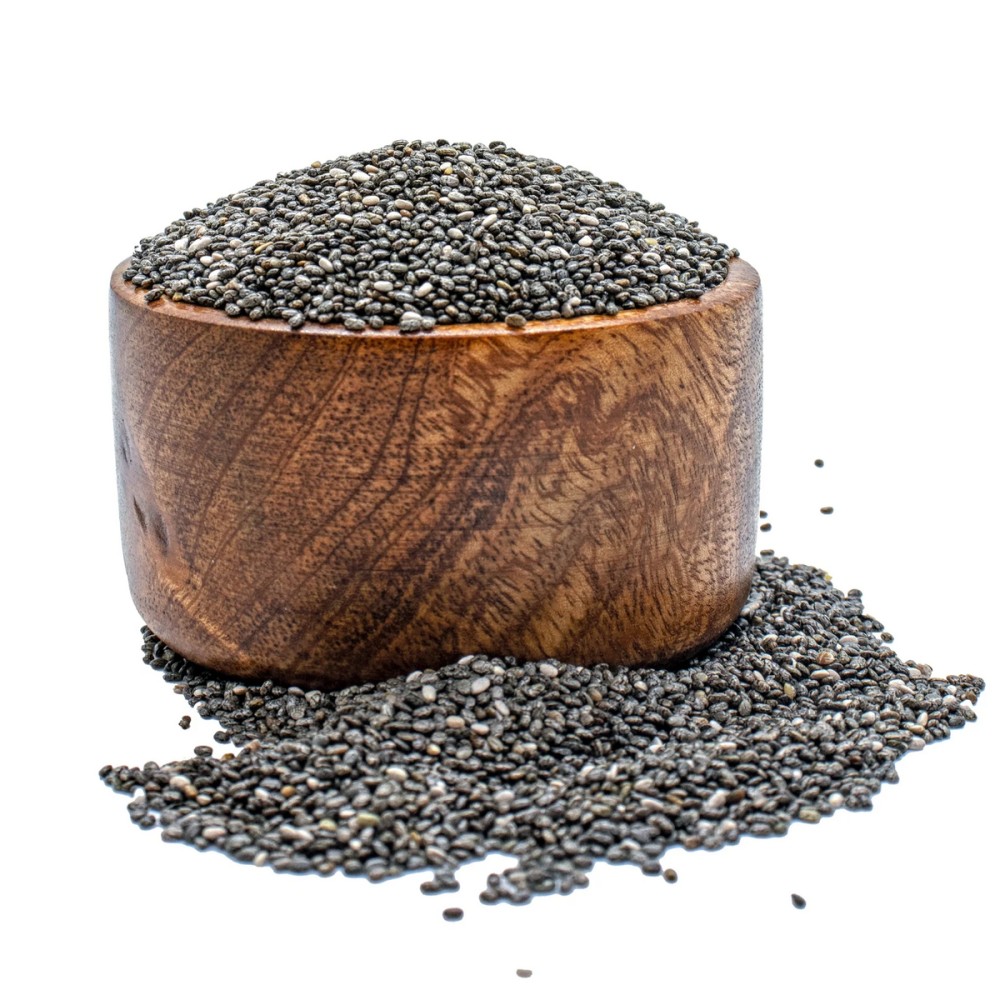Exploring the benefits of organic cannabis seeds reveals a wealth of advantages that extend beyond cultivation practices to health, environmental impact, and overall quality of the final product. Organic cannabis seeds are derived from plants cultivated without synthetic fertilizers, pesticides, or herbicides, which means that they are grown in a way that prioritizes natural processes and sustainability. This organic approach not only contributes to the health of the environment but also promotes the health of the consumer. One of the primary benefits of using organic seeds is that they lead to a more potent and flavorful product. Organic farming practices encourage the development of robust plants that produce higher concentrations of cannabinoids and terpenes, the compounds responsible for the psychoactive effects and distinctive aromas of cannabis. These compounds are often more pronounced in organically grown cannabis, providing a richer sensory experience and more therapeutic benefits. Additionally, organic cannabis seeds are more likely to produce plants that are resilient and adaptable to their environment.

When best cannabis seeds are grown without chemical interventions, they develop natural defenses that can protect them from pests and diseases. This resilience can result in higher yields and healthier plants, as they are better equipped to thrive in diverse conditions. Organic cultivation also encourages biodiversity, as it often incorporates companion planting and crop rotation techniques that foster a balanced ecosystem. This practice not only enhances soil health but also reduces the risk of pest infestations, ultimately leading to a more sustainable and efficient growing process. From a health perspective, choosing organic cannabis seeds can significantly reduce the risk of exposure to harmful chemicals. Many conventional cannabis growers rely on pesticides and fertilizers that can leave harmful residues on the plants, potentially posing health risks to consumers. By opting for organic seeds, consumers can ensure that they are ingesting a product that is free from these synthetic chemicals, thus supporting their overall well-being. Furthermore, the absence of harmful chemicals can enhance the medicinal properties of cannabis, making it a safer option for those using it for therapeutic purposes.
The environmental benefits of organic cannabis cultivation are substantial. Organic farming practices promote soil health, reduce water pollution, and minimize the carbon footprint associated with chemical fertilizers and pesticides. By using organic seeds, growers contribute to sustainable agricultural practices that prioritize the health of the planet. This is particularly important as the cannabis industry continues to expand, as sustainable practices will play a critical role in ensuring that the environmental impact of cannabis cultivation is minimized. Organic cannabis farming often involves practices such as composting, cover cropping, and using natural pest control methods, all of which help to maintain the integrity of the ecosystem. Lastly, the growing consumer preference for organic products is driving demand in the cannabis industry. As more individuals become aware of the health and environmental benefits associated with organic practices, the market for organic cannabis is likely to expand. This trend not only supports the development of a more sustainable industry but also encourages growers to adopt organic methods, ultimately benefiting both consumers and the environment.

